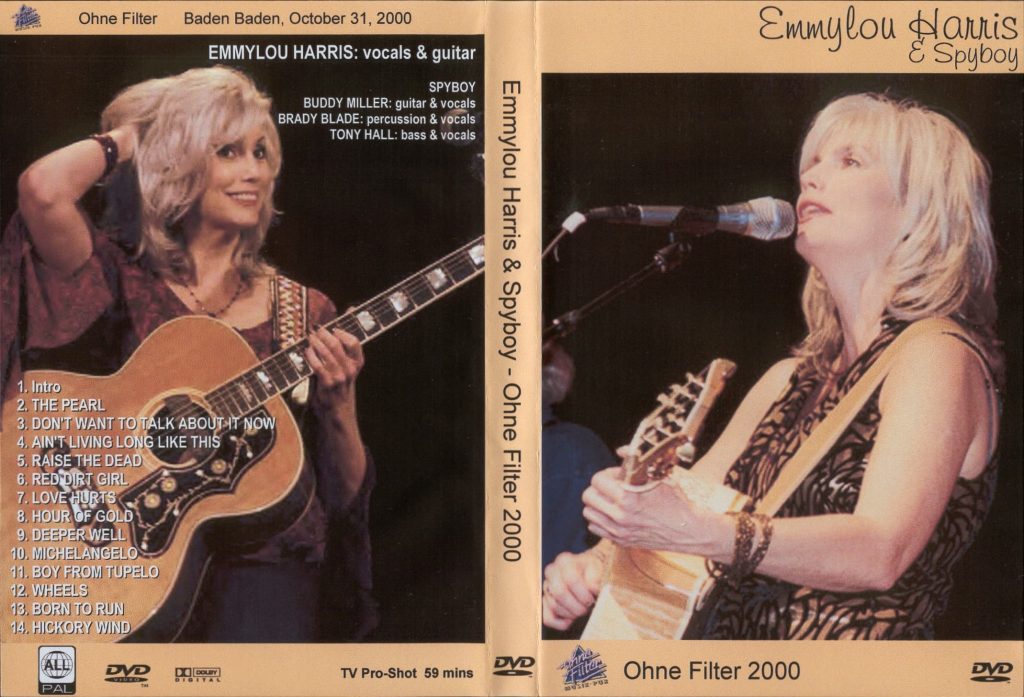
A Lullaby of Haunting Beauty: Emmylou Harris’ “Didn’t Leave Nobody But the Baby”
“Didn’t Leave Nobody But the Baby” is an evocative lullaby brought to life by Emmylou Harris, Alison Krauss, and Gillian Welch on the O Brother, Where Art Thou? soundtrack, capturing an eerie, ethereal beauty that resonates deeply. This haunting track takes listeners into the haunting echo of Southern Gothic traditions, its origins rooted in old Appalachian folk music. In Harris’s hands, along with Krauss and Welch, the lullaby is both a lull and a lament, drawing out a complex emotional landscape that’s soothing yet unsettling, tender yet melancholy.
The song opens with a sparse, hypnotic rhythm, a delicate blend of harmonies that slowly build into an unforgettable, atmospheric soundscape. Harris, Krauss, and Welch layer their voices in a way that feels almost ghostly, as if they’re singing from another world. Their harmonies meld perfectly, yet each voice retains its distinct quality, creating a blend that feels intimate but otherworldly. The lyrics themselves are minimalistic—a repeated plea to “go to sleep, you little baby”—but within the simplicity lies a depth that taps into themes of abandonment, loneliness, and maternal comfort tinged with foreboding.
Part of the song’s power is in its simplicity. There’s a sense of timelessness in the repetition of the refrain, evoking the cyclical nature of lullabies passed down through generations. The song feels almost ritualistic, as if it’s meant to be sung to soothe but also to impart a warning or lesson. Though it’s a lullaby, it also hints at the darker elements of Southern folklore, where stories of loss, mystery, and resilience intermingle. In this, the song embodies a duality: it’s both beautiful and haunting, tender yet cold, a reflection of both love and sorrow.
“Didn’t Leave Nobody But the Baby” became an unforgettable part of the O Brother, Where Art Thou? soundtrack, adding to the film’s exploration of Southern culture and music’s role in storytelling. It highlights Harris, Krauss, and Welch’s mastery of harmonies and their ability to convey emotion in even the most understated melodies. In their voices, the song becomes a journey into a forgotten world, a lullaby that comforts as much as it unsettles, drawing listeners into a moment that feels both timeless and hauntingly present. This is a lullaby unlike any other—a song that lingers, echoes, and stays with you long after it’s ended.